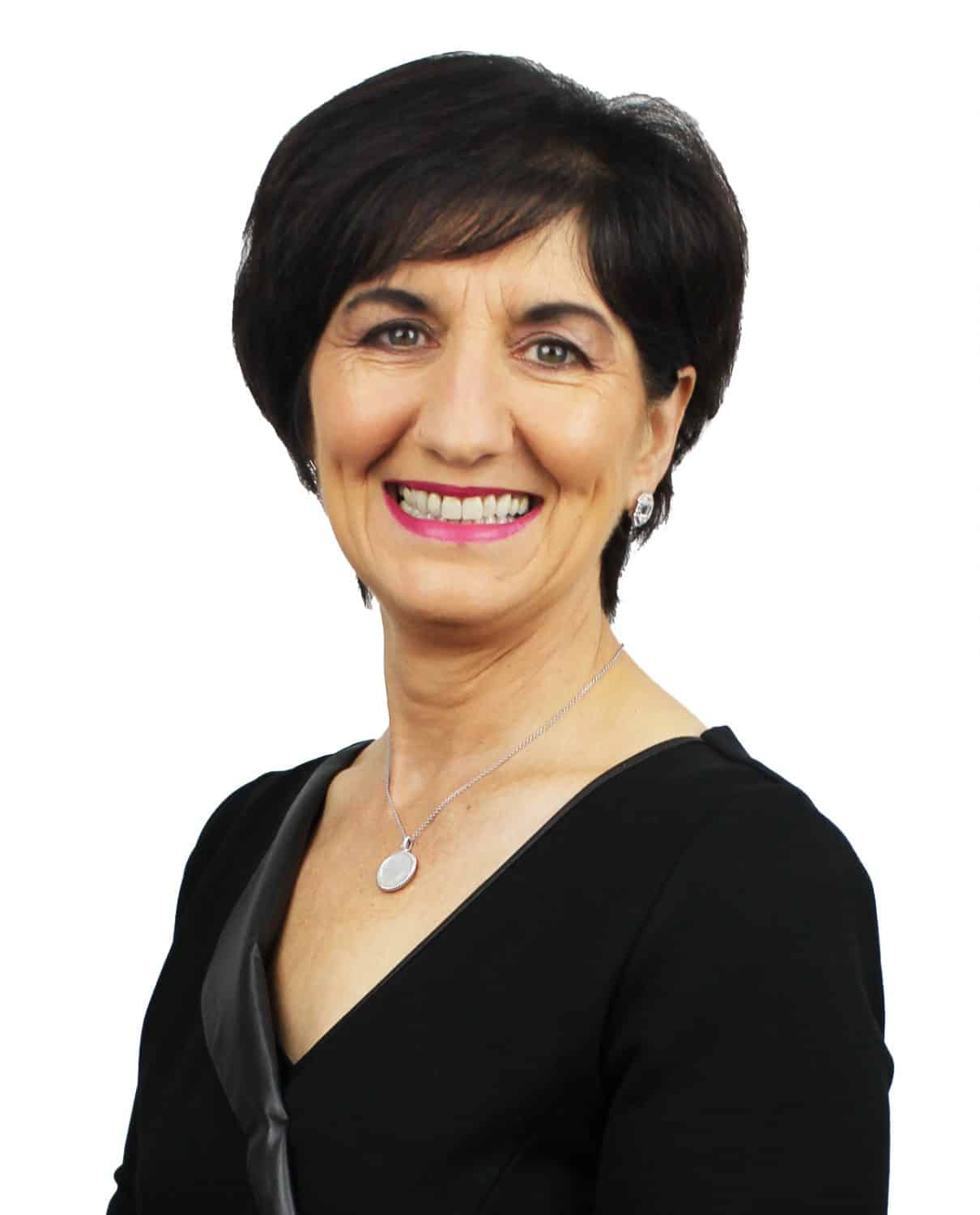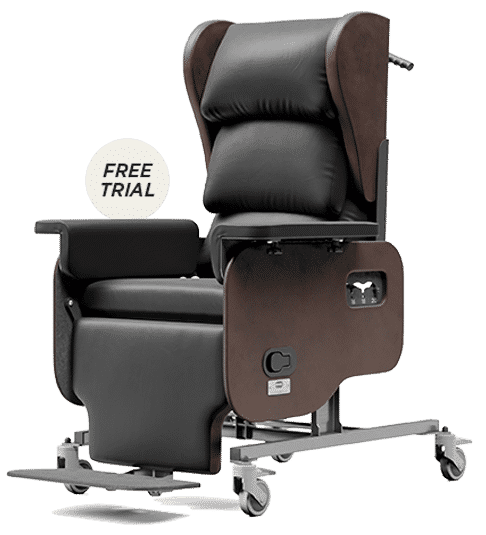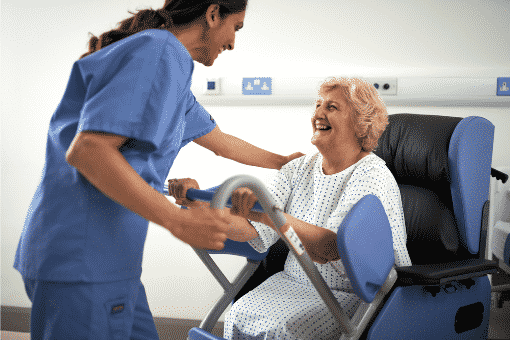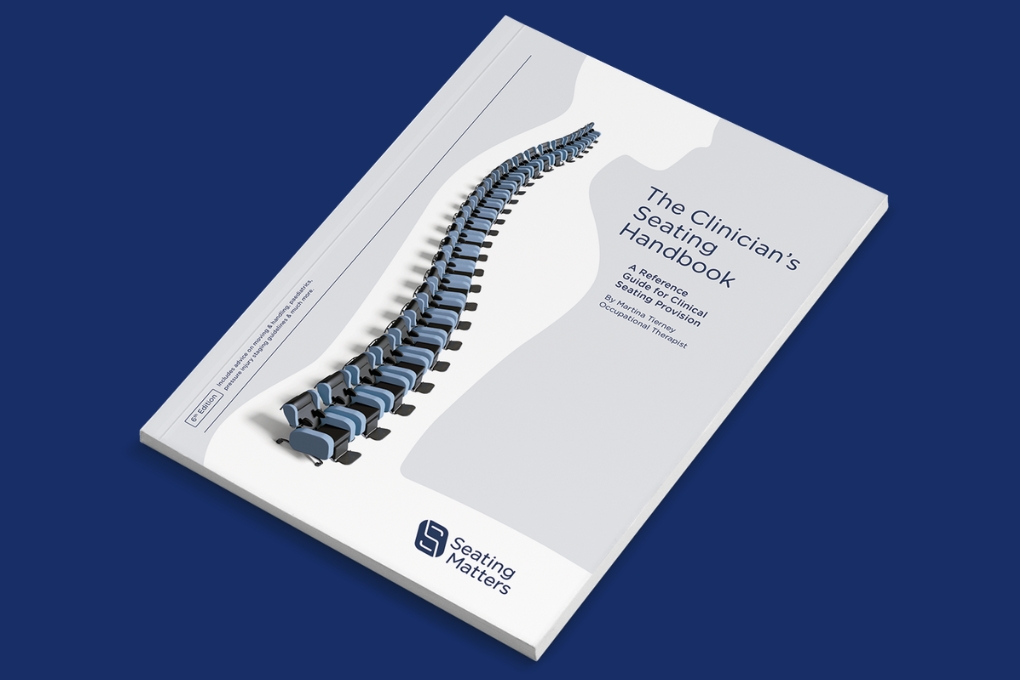Choosing The Right Chair For Cerebral Palsy Patients
Cerebral Palsy, also known as CP, is a neuromuscular disorder of the central nervous system that varies based on the area of the brain that is affected*. There are several levels of disability and they are classified by the distribution of the disability. CP can also present a variety of behavioural or cognitive abilities as well as possibly leading to seizures and other sensory issues.
CP is commonly described as:
- CP with quadriplegia, where all four limbs are affected.
- Hemiplegia, where one side of the body is affected.
- Diplegia where both arms and both legs are affected.
The type of muscle tone the child displays is also sometimes used to describe a child’s CP. They can be described as:
- Spastic, an increase in muscle tone that causes stiff or jerky movements.
- Dyskinetic, involuntary movements often noticeable when the child is intentionally trying to move.
- Ataxic, where the child will experience tremors in accurate movements and lack of coordination, and;
- Mixed, which is a combination of the above muscle tones.
The gross motor function classification system (GMFCS) categorises children up to the age of 18 into five levels which displays their motor ability:
Level I – The child walks without limitation.
Level II – The child walks with limitations.
Level III – The child walks using a handheld mobility device.
Level IV – The child has self mobility with limitations (they may use power mobility).
Level V – They are transported by a manual wheelchair.
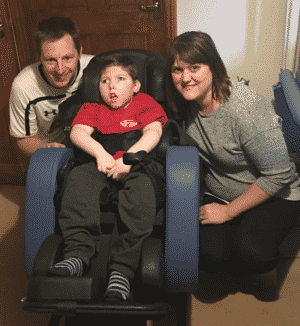
Cerebral Palsy and Clinical Seating
For children that fall into a level III to IV category, varying degrees of assistance from the child’s seat may be required. This can range from a modified seat belt to the use of full adaptive seating for trunk and pelvic positioning and support and possibly assistance with transfers.
For children that fall into these categories, these things should be considered when assessing for an adaptable pressure management surface:
- Head support.
- Tilt in space.
- Feeding and the risk of aspiration.
- Safety and falls prevention.
Seating Matters offers a range of children’s seating with available adaptations for each child’s unique needs and the ability to grow as the child grows. You can read more about Lindsay and Callum’s stories and the chairs we’ve made to help these kids in their everyday lives.
Know a child with CP that could use our help? We are happy to arrange an in person Seating Assessment, free of charge to assess the child, family and caregiver needs.
As used by








Special Cerebral Palsy Chairs For Children
Children and adults with cerebral palsy require a higher degree of care and attention while they are in a seated position. Many different disorders affect those with this condition including a lack of coordination, weak muscles and tremors, all of which place the individual at a higher level of risk.
Specialised seating options are required to negate the possibility of any adverse effects that might be experienced and to limit the distress and discomfort felt. A cerebral palsy chair must provide support above all else.
The Ultimate Chair for Those with Cerebral Palsy
At Seating Matters, we have researched, designed, developed and tested a range of chairs that offer such individuals the best possible standards of comfort, quality and support available on the market today. Our background in occupational therapy affords us wealth and breadth of knowledge that is second-to-none, and which informs how we approach the needs of cerebral palsy patients with regards to seating.
We are currently the supplier of chairs to many well-known facilities throughout Australia, which include:
- Allity
- Anglican Care
- NDIS
- RFBI
- Uniting Care Australia
- Regis
- NSW Government
- Baptist Care
We want to change the world by delivering the very best healthcare seating solutions possible.
The Difference That a Supportive Cerebral Palsy Chair Can Deliver
As any caregiver to an individual with cerebral palsy knows, there is a great degree of effort required to promote proper posture. While some positions may not appear to put the individual in any great danger, the reality is that a failure to address postural management increases the risk of sustaining harmful secondary complications that can make matters worse.
A chair for a cerebral palsy child should, therefore, support optimal sitting posture. The immediate benefit that this brings is that it maintains skeletal alignment, which is necessary to prevent the possibility of skeletal deformity. This issue would undoubtedly lead to much more discomfort and would necessitate more accommodations with regards to how care is given.
By supporting optimal sitting posture, an individual with cerebral palsy stands a much better chance at feeling comfortable throughout the day, gaining a sense of independence and consequently might enjoy a better quality of life. Where physiological functioning is supported and there are fewer stressors on the body, communication and interaction are bolstered.
Our chairs are adaptable to the individual and their ability levels. With control of the posture possible, this promotes development but also makes normal daily activities such as eating and drinking much less difficult.
Get a Chair for Cerebral Palsy to Enhance Your Quality of Life
At Seating Matters, we empathise with caregivers who find themselves in the stressful position of having to help a child or adult with cerebral palsy that has fallen from their seat. Injuries aside, the psychological impact that this can have is something that both patient and carer would prefer to do without. As such, we believe in enhancing the quality of life experienced by all involved and our chairs are designed to help limit such occurrences.
A special chair for cerebral palsy designed and manufactured by our team leads to many positive changes and enhancements in the lives of those affected. We provide free seating assessments as well as a free chair trial to those considering making a change. Rest assured, our seats afford you the chance to achieve a greater standard of care and gift your patients the highest standards of comfort and safety.
Seating Matters provides clinical healthcare seating chairs for Disabled & Elderly people in Australia. We sell parkinsons disease chairs, orthopedic chairs, occupational therapy chairs, huntington’s disease chairs, tilt space chairs, fall prevention chairs, motor neuron chairs, brain injury chairs, Paediatric chairs & other seating range in Australia. Browse our website for more information or contact us for more details.
Read Less